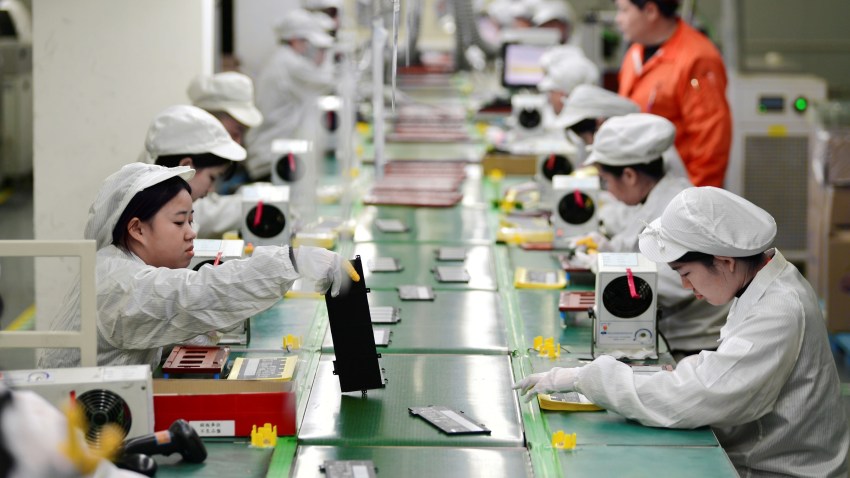China convened its annual “two sessions” from March 4-11, with the National People’s Congress, or NPC, and the Chinese People’s Political Consultative Committee, or CNPCC, meeting to approve key government work reports and provide symbolic legitimacy to President Xi Jinping’s vision for China’s future. The NPC is China’s legislative body that largely approves Communist Party policies, and the CNPCC is its foremost political advisory body that provides recommendations and suggestions to the party-state.
This annual event has become more tightly scripted and predictable than in past years, when there was still some degree of debate and even some modest surprises. This year, the tradition of having China’s premier conclude the meetings with a press conference—one of the last opportunities for foreign and domestic media to engage in candid public discussion with a top Chinese official—was discontinued. Many outside observers noted that this year’s meetings were particularly “tepid” and “underwhelming.” Notably, on the economy, there were no signs of a large stimulus or structural reforms to bolster household spending.
Despite these developments, the meetings were still helpful in confirming the direction of Beijing’s economic policies under Xi. China will double down on investment in manufacturing and innovation in areas where it is already doing well, such as electric vehicles, lithium batteries and photovoltaic products, and in areas where it feels it must do better, such as commercial aviation and advanced semiconductors. Many predict that this policy commitment, particularly in the absence of a stimulus to domestic consumption, will exacerbate trade tensions between China and the developed economies, as democratic countries will necessarily respond by protecting their own domestic sectors from Chinese competition, and politicians will use the threat of that competition to stoke anti-China resentment and fear.

